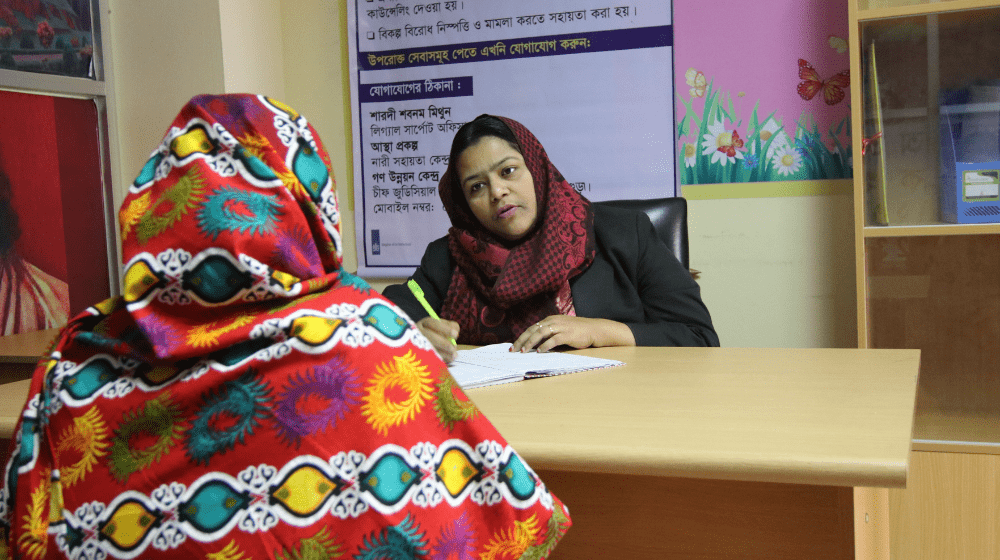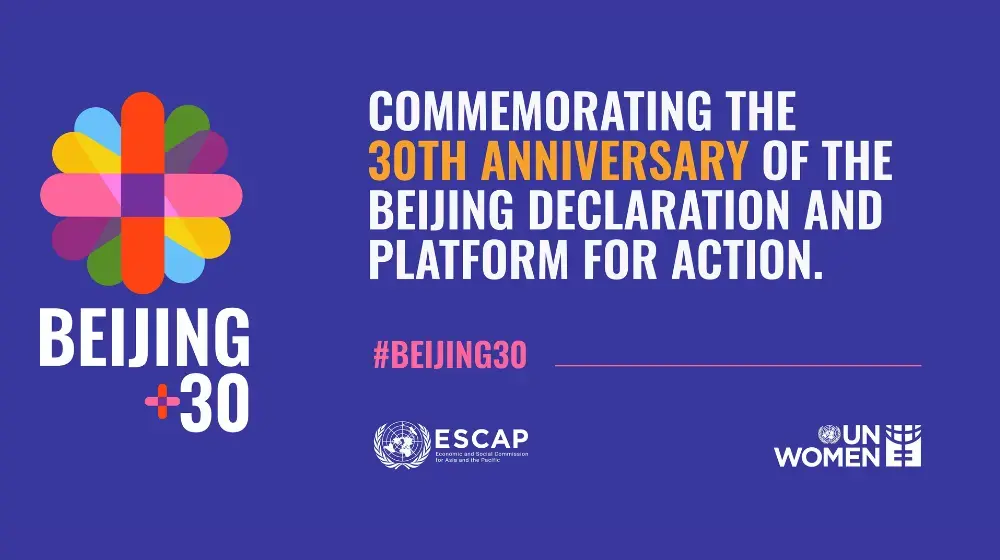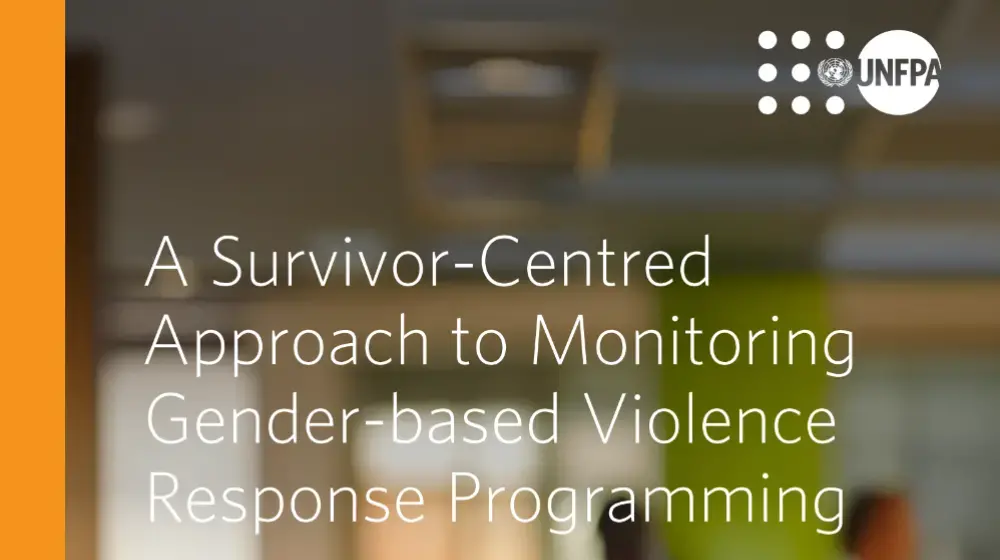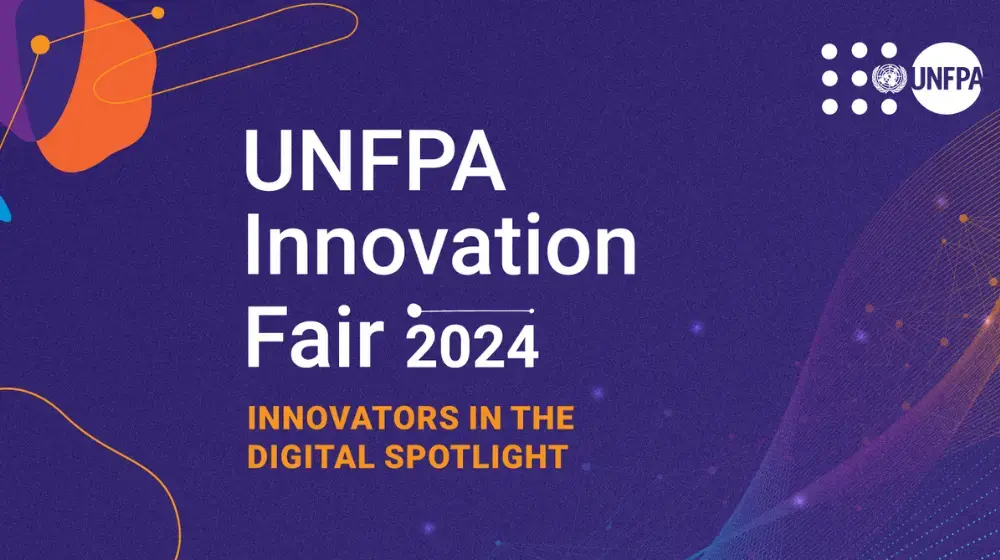Sitting in a courthouse in rural Bangladesh, Maliha* broke down in tears as she recounted years of abuse.
After falling into financial crisis a few years ago, Maliha’s family married her off. But just days after the wedding, Maliha’s husband began physically abusing her, demanding a dowry that her family could not produce.
To protect her family, she continued to endure the escalating violence. Then one day, as she was about to have lunch, her husband injured her so severely that she woke up in a hospital bed.
For far too long, most stories like Maliha’s would end here.
Despite the range of services for gender-based violence (GBV) survivors in Bangladesh, they are often difficult to access. On top of sociocultural barriers such as the stigma attached to exposing domestic violence, various practical challenges prevent women and girls from availing of support. For example, the travel time and costs incurred by survivors to reach facilities, the lack of a holistic and coordinated approach between different service providers, and service providers’ inadequate knowledge of the root causes of GBV and how to effectively support survivors.
But things are changing. Now, in four rural districts of Bangladesh, Women Help Desks established by UNFPA and the Ministry of Law, Justice and Parliamentary Affairs are strengthening responses to GBV for women and girls like Maliha.
A new approach to justice
Located within court premises, Women Help Desks make it easier for GBVsurvivors to access a range of free services, particularly legal aid. Staffed by female advocates trained in psychosocial support and wider GBV response, Women Help Desks counsel survivors on the options available to them and facilitate access to desired services.
If a survivor simply wants to talk to a professional, the Women Help Desk provides mental health support. If she wants legal assistance to leave a violent relationship or claim custody of her children, the Help Desk takes her through every step of the process - coordinating between police, prosecutors and others involved in the judiciary system - ensuring justice is served without traumatising her further. If she wants a safe place to sleep at night or medical treatment, the Help Desk connects her with the appropriate service providers.
For Maliha, these services literally saved her life.
After leaving the hospital, she went to the closest Women Help Desk where the staff comforted and reassured her that she was not alone, explaining her options. Maliha decided to file a legal case against her husband. With support from the Help Desk and Legal Aid Office, Maliha divorced her husband and received alimony.
Positive results build trust
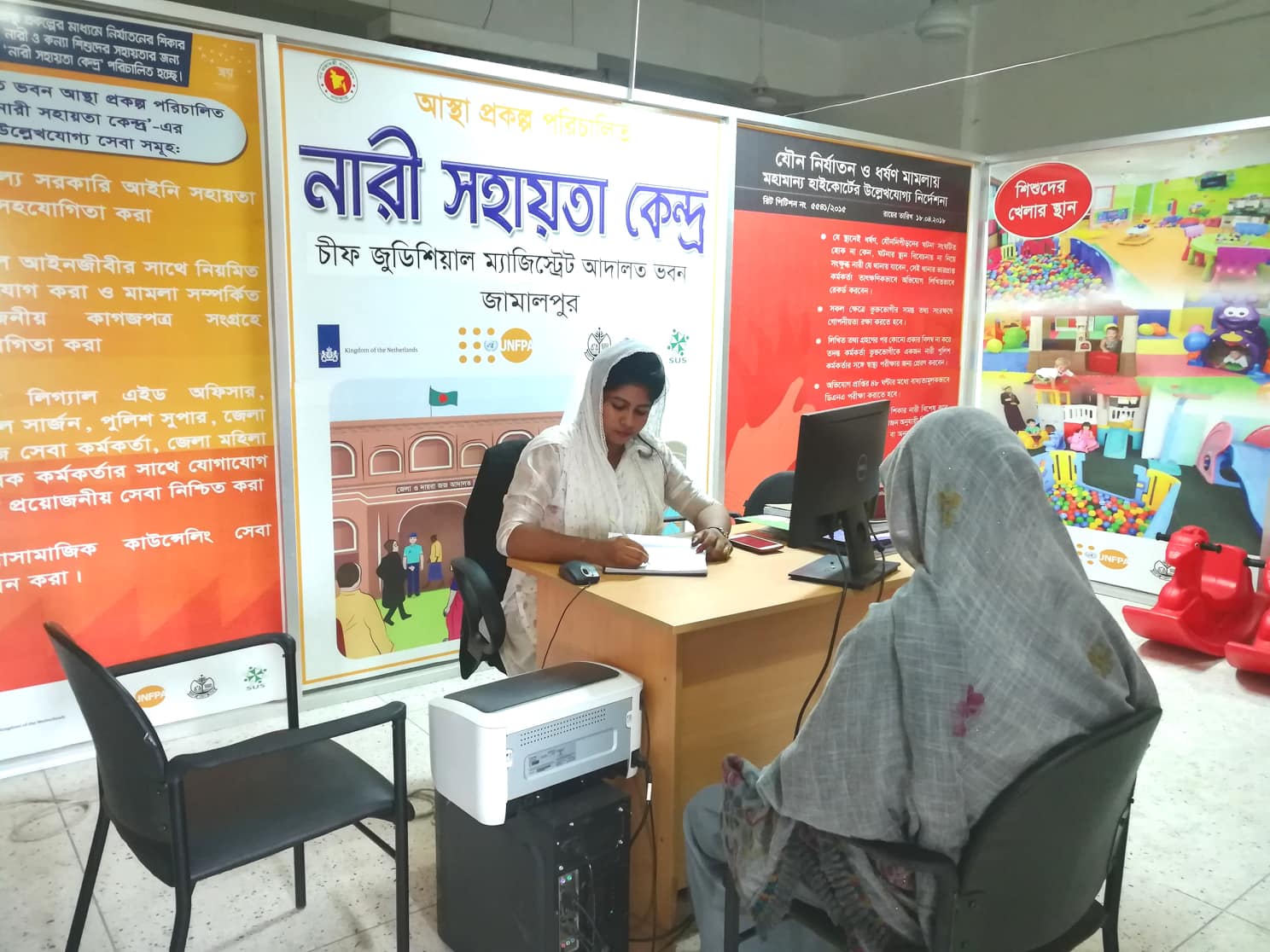
In Bangladesh, as in so many countries, longstanding toxic gender norms have led to over half of women experiencing physical or sexual violence by an intimate partner in their lifetime. Yet only one per cent of these women ever went to the police for help.
Women Help Desks offer new hope and open doors so women can leave situations of violence safely and, often, with some financial security. The efficient systems, effective processes and survivor-centred outcomes speak for themselves. As a result, women’s - and the community’s - confidence in the formal justice system has improved.
Training sessions for medical personnel, civil society organisations, police, violence against women prevention committees, volunteers and others, as well as community outreach activities, have also driven referrals and clientele to Women Help Desks.
“The reporting of gender-based violence cases in the District Legal Aid Office was very low,” admits Md. Lutfar Rahman, a District Legal Aid Officer and Senior Assistant Judge. “But after establishing the Women Help Desk in the court premises, it has increased by more than 86 per cent, which is very significant. Through different initiatives with the community, girls and women are receiving information about the available public services and thus show more interest to report and seek help.”
Indeed, women and girls are increasingly turning to Women Help Desks to reclaim their rights, dignity and lives.
Ending violence, moving forwards
For instance, after 16-year old Ruma landed in the hospital after suffering severe physical and psychological violence at the hands of her husband, she was referred to a Women Help Desk where she received free legal support to end her marriage. Now, with a newfound sense of relief, Ruma is enrolled in a vocational training programme and hopes to start a new life.
Maliha has also turned a new page after escaping her violent marriage. She is learning to sew and dreams of one day becoming an entrepreneur.
As Ruma and Maliha can attest to, trustworthy, skilled and well-coordinated services for gender-based violence survivors can be the difference between life and death.
For them, and so many others, finding clear avenues to escape violence in the home has restored their faith in themselves and opened up pathways to a brighter future.
---
Women Help Desks are part of UNFPA Bangladesh’s ASTHA programme, a gender-based violence prevention and response initiative supported by the Embassy of the Kingdom of the Netherlands. ASTHA has established a comprehensive referral pathway for GBV survivors to access multi-sectoral services in select project districts. Ending GBV and harmful practices against women and girls is a key UNFPA transformative result.
* Names changed for confidentiality

